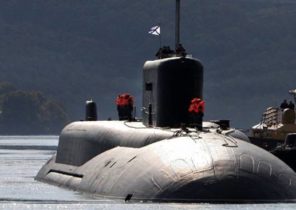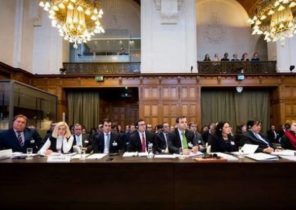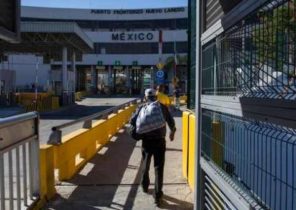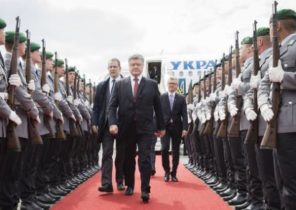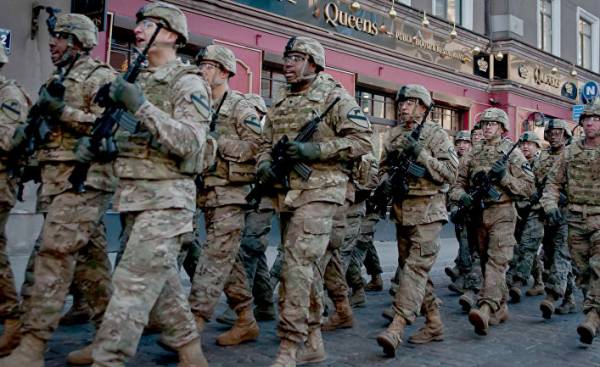
The world is watching closely the dangerous developments on the Korean Peninsula, but there is always the possibility that as a result of error, misunderstanding or excess of the Imperial consciousness the same thing could happen in the Baltic States bordering Russia. In accordance with the decision on the response to the annexation of Crimea to Russia in 2014, the Spanish soldiers this year will go to the composition of NATO troops in Latvia, one of Baltic countries. This indicates a major escalation of military activity in this troubled region over the past 30 years.
On Tuesday in Spain on an official visit Minister of foreign Affairs of Latvia Edgar Rinkevich (Edgars Rinkevics). In an interview with the newspaper El País, he explained why he believes that, despite harsh criticism from Moscow, Spain and other NATO members went to the expense and risk of confrontation with Russia, protecting his small country.
El País: What Spain gets from sending its troops to Latvia?
Edgars rinkēvičs: first, it contributes to the strengthening of NATO, proves the unity and determination of the Alliance. Secondly, we are faced with the most tension since the cold war’s end. If our region something happens, it will spread to all of Europe. Impossible not to react. NATO, like the EU, was created in response to the history wars. We are convinced that the presence of NATO troops in the Baltic States will have a stabilizing effect on the entire continent. And this is a clear signal to any potential aggressor: do not mess with NATO. We appreciate the contribution of Spain and other allied countries in our region.
Although NATO’s decision about sending this year its contingent in the Baltic countries is purely deterrent in nature, is there not danger add elements of instability in this already troubled region?
— Russia has enormously increased its military presence on the other side of our borders. The presence of contingents of the NATO does not represent any threat for Russia. NATO’s decision, taken in Warsaw last year about sending troops to the Baltics, was an adequate reaction to what is happening on the Eastern borders of NATO [in Russia]. The deployment of our troops is purely defensive in nature. Our goal is to prevent conflict, not provoke it.
— In addition to a substantial increase in military presence on its borders, Russia for several years now is a propaganda war against the Baltic States, accusing them of using their media that there the authorities are “fascist government”, and the Baltic countries — “failed States”. For what purpose is all this?
— Russia wants to split the EU and NATO (Latvia is a member of both unions). For them it is much easier to deal with one country than with a group of countries. Russia is considering the liberal democratic system as a threat to their current system of government, just as it was during the Communist regime.
We’re back to the cold war?
— The cold war was a clash of ideologies. Things are different now, although still there is a basic conflict between what we call liberal democracy, and authoritarian or totalitarian systems. It’s a clash between two principles, two world-views.
— During the cold war the world faced the threat of a nuclear Apocalypse. What, in Your opinion, the worst-case scenario for today?
— I would be happy to avoid answering this question. I have a few thoughts on this, but I don’t want to voice. I fervently hope that common sense will prevail.
